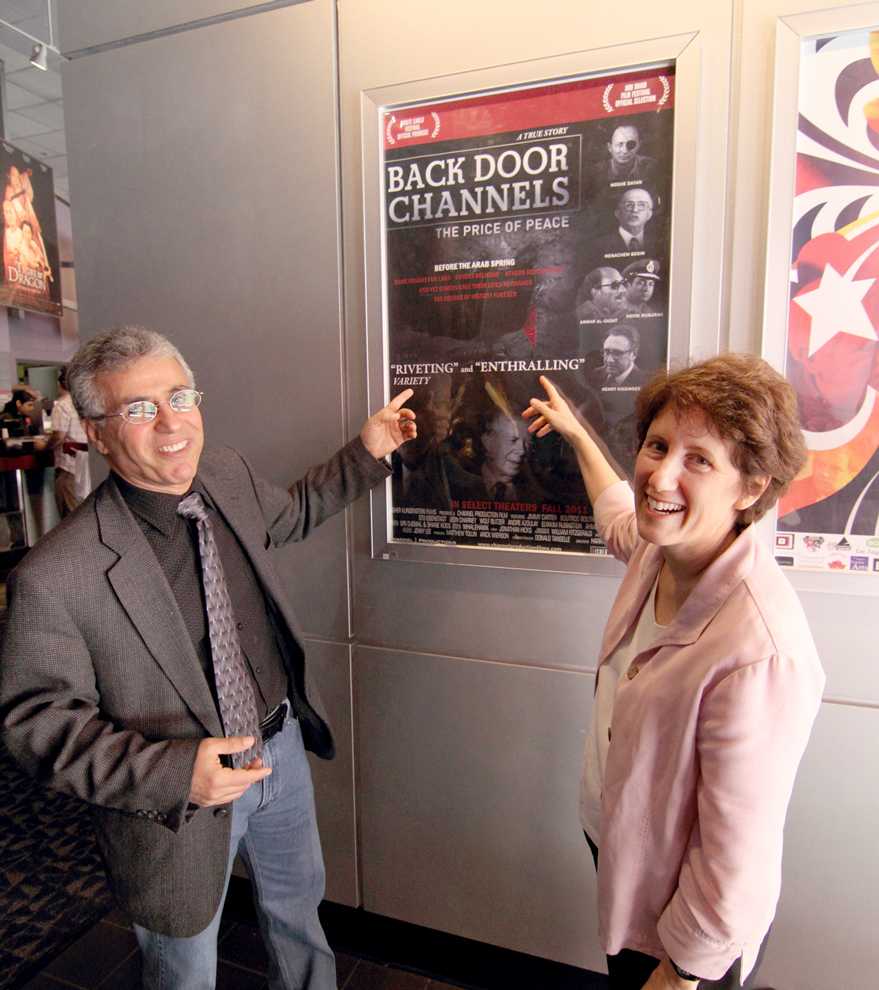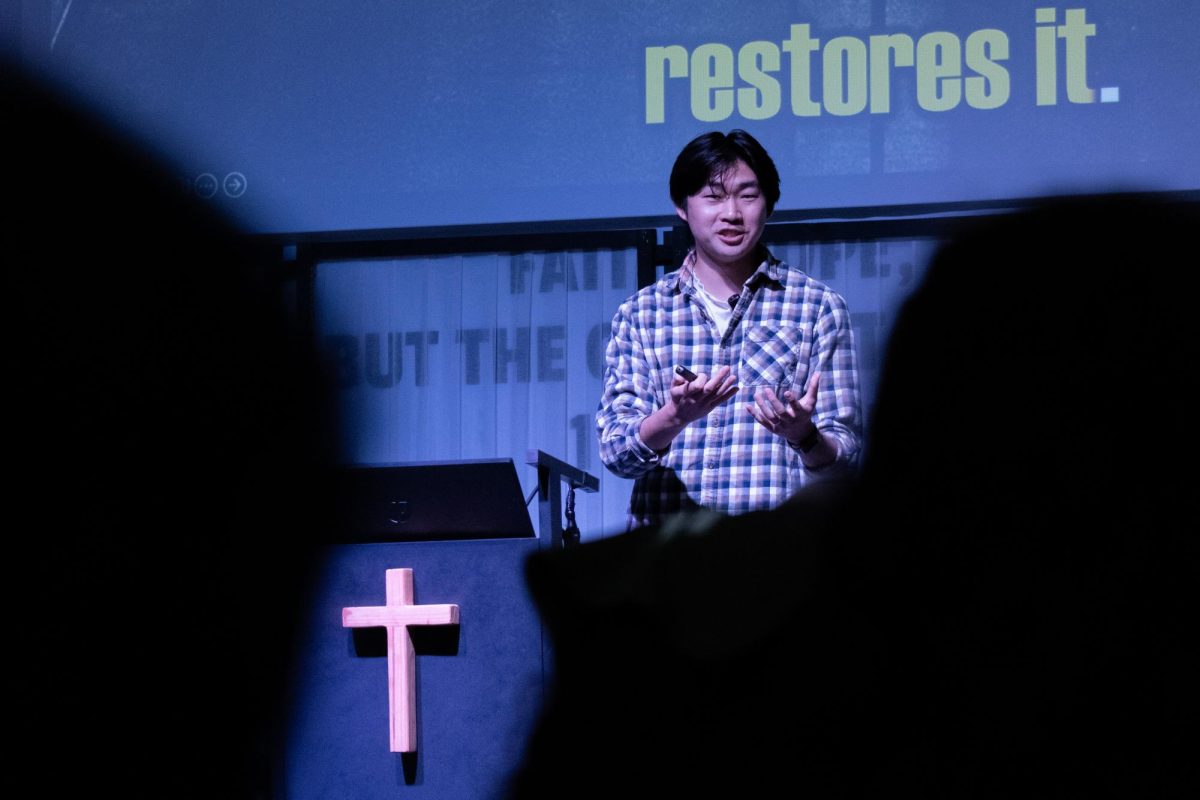
Serial uprisings in Middle East, known as the Arab Spring, set the political stage for Sunday’s premiere of “Back Door Channels: The Price of Peace” at the Laemmle Fallbrook Theatre.
“Today, the peace agreement between Israel and Egypt seem very fragile in this post-Mubarak era, and this documentary may help you better understand current events,” said Jody Myers, CSUN professor of religious studies and coordinator of the Jewish studies program.
The film was meant to “focus on (the) historically impactful events, which have repercussions extending to today,” according to a statement by director Harry Hunkele on the film’s website. “From the fascinating back-story of secret meetings, power plays and egos that led to the historic 1979 peace treaty between Israel and Egypt.”
CSUN’s Jewish studies program organized the event and collected donations from local temples to rent out the theatre.
The documentary includes in-depth interviews with those involved in the peace treaty process, including former U.S. President Jimmy Carter, White House Counsel member for the Carter administration Robert Lipshutz and American journalist Wolf Blitzer.
Meyers was joined by political science professor and Middle Eastern politics expert Kassem Nabulsi for a question and answer period after the film.
“We teach our students how to think, not what to think, but here we want you to tell us what to think,” Nabulsi said during the discussion. “That is precisely why we are here.”
Nabulsi asked the audience if the peace process between Egypt and Israel could be used as a model to solve the problems outside of the Middle East.
CSUN staff and Hillel member Veronika Kuznetsova said she was working on her master’s in Israel when the documentary was being shown at her university.
“I like the film, because it has a lot of information and allows you to study the political aspects surrounding the issue and the state of Israel, Kuznetsova said. “I think it is important to speak about the concerns in the Middle East and a peace agreement in the Israel conflict and the roles Arab play today.”





